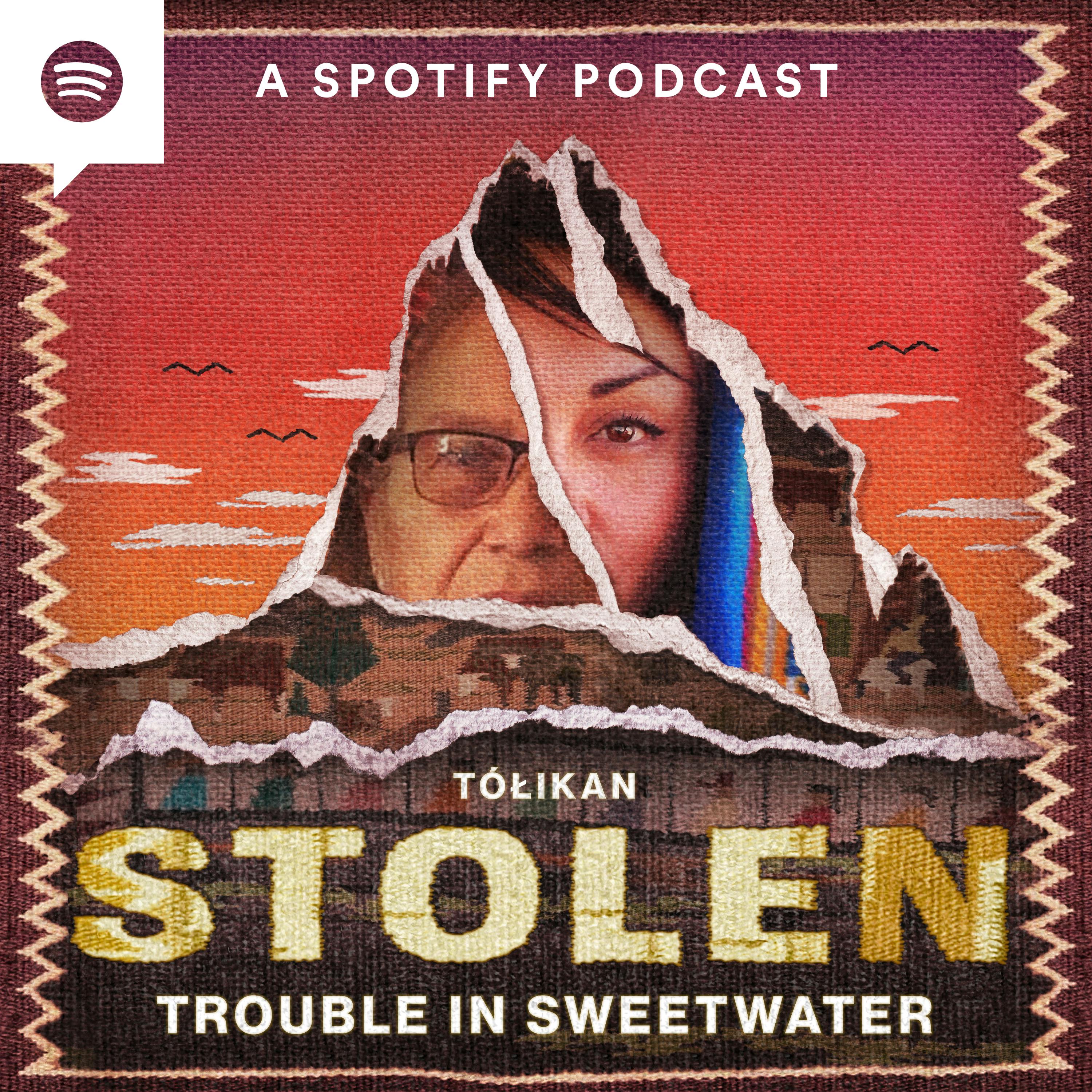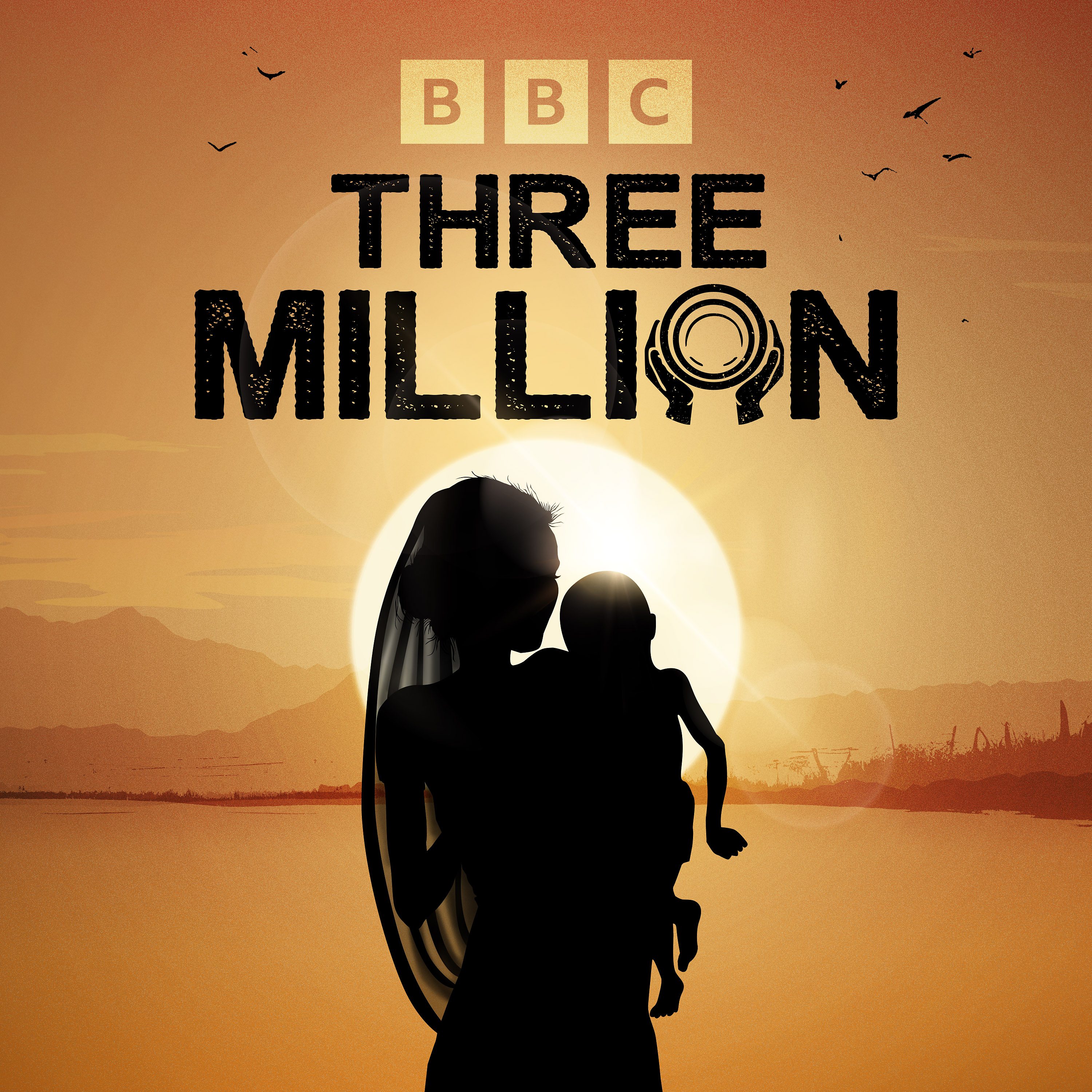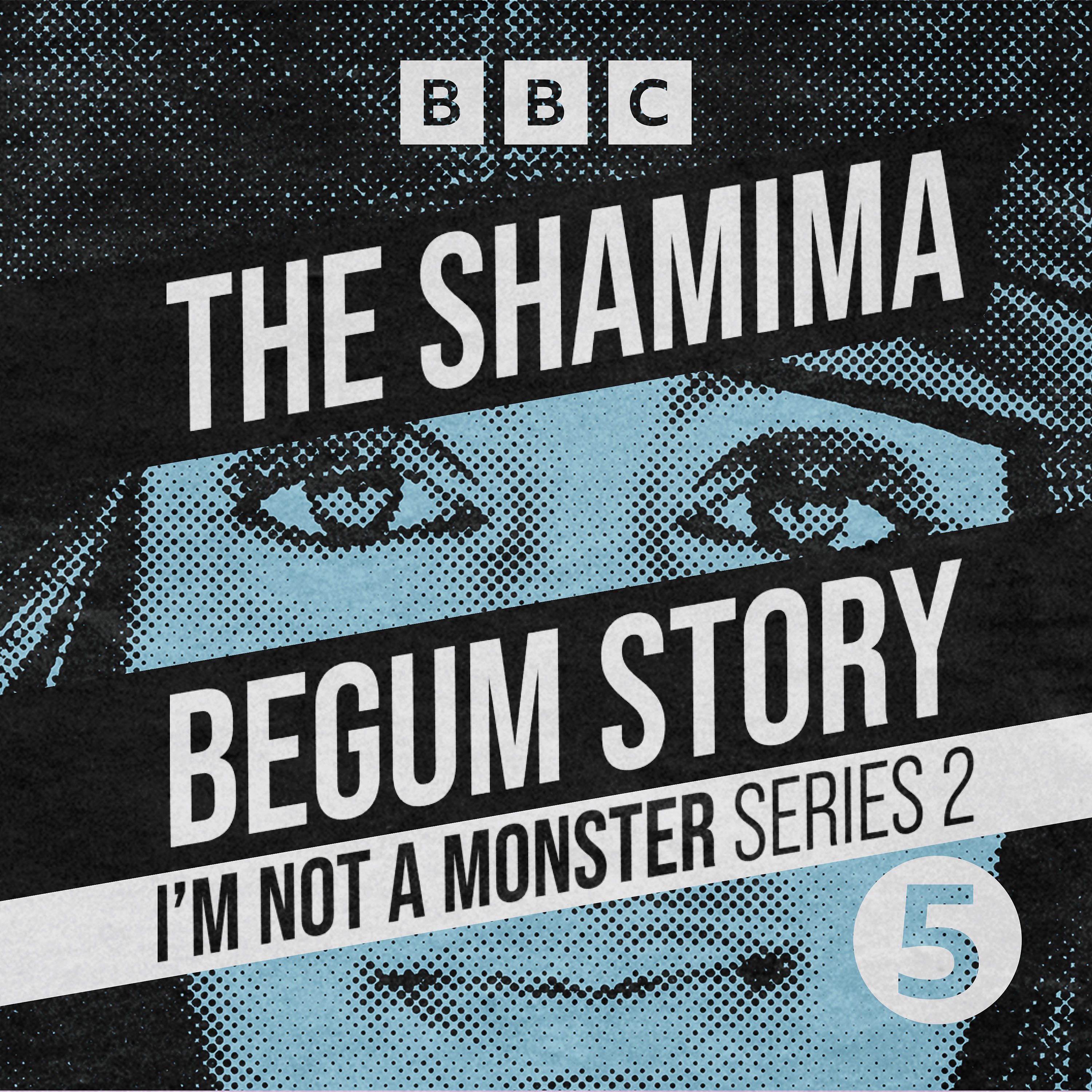
Nepal Now: On the Move
We're talking with the people migrating from, to, and within this Himalayan country located between China and India. You'll hear from a wide range of Nepali men and women who have chosen to leave the country for better work or education opportunities. Their stories will help you understand what drives people — in Nepal and worldwide — to mortgage their property or borrow huge sums of money to go abroad, often leaving their loved ones behind.
Despite many predictions, migration from Nepal has not slowed in recent years, except briefly during the height of the Covid-19 pandemic. About 1 million Nepalis leave every year to work at jobs outside the country. Tens of thousands go abroad to study. Far fewer return to Nepal to settle. The money ('remittances') that workers send home to their families accounts for 25% of the country's GDP, but migration impacts Nepal in many other ways. We'll be learning from migrants, experts and others about the many cultural, social, economic and political impacts of migration.
Your host is Marty Logan, a Canadian journalist who has lived in Nepal's capital Kathmandu off and on since 2005. Marty started the show in 2020 as Nepal Now.
Nepal Now: On the Move
Nepal Now is now Nepal Now: On the move. Why?
What do you think? Send us a text
Hi everyone. Welcome to Nepal Now, whose new title is Nepal Now: On the Move, for reasons I’ll explain shortly. Thanks for choosing this show from among the more than 2 million podcasts now competing for your ears.
I’m back! And since my last episode was titled Thank you and goodbye! I guess I should explain. But first, if you don’t know me, my name is Marty Logan. I’ve been a journalist for more than 30 years, in my native Canada, Malaysia and Nepal, where my wife is from. We’ve lived here since 2016 and before that from 2005 to 2010, when I worked with the UN human rights office. Since 2016 I’ve been reporting regularly about health and human rights issues; I started Nepal Now in June 2020 and uploaded my last episode in June 2023.
Actually, I’ve been thinking about reviving the show ever since recording that ‘final’ episode. I even kept paying to host it all this time, although I wasn’t uploading new episodes. I did that partly because I felt like I still had things to say. And also, I know that a small, but steadily growing, number of people were listening. That, I realized, is something special: that some people will devote time in their very full lives to pay attention to what I have to say.
I also thought that with a new format I could share information in a more engaging way. After three decades as a journalist, I believe more strongly than ever that almost everyone wants to hear stories. They’re happy learning something new but happiest if that content is presented in an engaging way – to put it simply, a story about people that has a narrative arc. So in this series I want to talk about migration — which is a mammoth issue in today’s Nepal, with social, cultural, and political impacts that go beyond the economic ones we usually hear about — AND I want to make it more entertaining.
And finally, honestly, I admit that I am happy performing. Hosting a podcast is a type of performance, and I enjoy asking questions and trying to make a connection with a guest in the short amount of time that we have together. Ideally this season I’ll be speaking with people multiple times – as they prepare to leave Nepal (or in some cases return here) and then at least once after they’ve arrived.
Of course, migration is nothing new for Nepal. Gurkha soldiers are one of the country’s best known exports, and have been joining the UK and Indian armies, and other forces, since the early 19th century. But the scale of today’s migration is awe-inspiring, and to many people, troubling. We will talk to the Nepalis making those trips, and others linked to the migration phenomenon, to try and make sense of this mass movement
By the way, we covered migration in the second episode of Nepal Now 1, if you want to check that out. The link will be in the show notes.
I hope you like the new music and the logo. The tune was composed by Jason Shaw, whose website is audionautix.com. The logo is by Sweven Visuals. Finally, thank you to the Association of Community Radio Broadcasters of Nepal (ACORAB) and Himal Media for letting me record in their studi
Send us feedback and ideas. We'll respond to every message:
LinkedIn
Instagram
Facebook
Voicemail
Music by audionautix.com.
Thank you to Himal Media in Patan Dhoka for the use of their studio.
00:00:14 Marty
Hi everyone. Welcome to Nepal Now whose new title is Nepal Now: On the move for reasons I'll explain shortly. Thanks for choosing this show from among the more than two million podcasts now competing for your ears.
00:00:31 Marty
I'm back and since my last episode was titled Thank You and Goodbye, I guess I should explain. But first, if you don't know me, my name is Marty Logan. I've been a journalist for more than 30 years in my native Canada, Malaysia and Nepal, where my wife is from.
00:00:52 Marty
We've lived here since 2016 and before that, from 2005 to 2010, when I worked with the UN human rights office. Since 2016, I've been reporting regularly about health and human rights issues. I started Nepal Now in June 2020, and uploaded my last episode, before this one f course, in June 2023.
00:01:18 Marty
Actually, I've been thinking about reviving the show ever since recording that final episode. I even kept paying for hosting all this time, although I wasn't uploading new episodes, I did that partly because I felt like I still had things to say, and also I know that a small but steadily growing number of people were listening. That I realized later is something special: That some people will devote time in their very full lives to pay attention to what I have to say.
00:01:55 Marty
I also thought that with a new format I could share information in a more engaging way. After three decades as a journalist, I believe more strongly than ever that almost everyone wants to hear stories. They're happy learning something new, but happiest if that content is presented in an engaging way. To put it simply, a story about people that has a narrative arc.
00:02:24 Marty
So in this series I want to talk about migration, which is a mammoth issue in today's Nepal — with social, cultural and political impacts that go beyond the economic ones we usually hear about — and I want to make it more entertaining.
00:02:43 Marty
Finally, honestly, I admit that I am happy performing. Hosting a podcast is a type of performance. And I enjoy asking questions and trying to make a connection with the guest in the short amount of time that we have together.
00:02:59 Marty
Ideally this season I'll be speaking with people multiple times as they prepare to leave Nepal, or in some cases return here, and then after they've arrived. Of course, migration is nothing new for Nepal. Gorkha soldiers are one of the country's best-known exports and have been joining the UK and Indian armies, and other forces, since the early 19th century. But the scale of today's migration is awe inspiring and to many people, troubling. We will talk to the Nepalis making those trips and others linked to the migration phenomenon to try and make sense of this mass movement. Just some numbers to illustrate the scale.
00:03:48 Marty
Recently, as many as 71,000 Nepalis a month have received permits to work overseas. That's a huge number from a country of fewer than 30 million people. Last year, more than 40,000 students applied for government endorsement to study abroad. That means colleges and universities in the capital Kathmandu are complaining about dwindling enrollment, while villages are increasingly home to the elderly and mothers looking after young children.
00:04:22 Marty
By the way, we covered migration in the second episode of the first version of Nepal Now, if you want to check that out, the link will be in the show notes.
00:04:33 Marty
I hope you like the new music and the logo. The tune was composed by Jason Shaw, whose website is audionautix.com. The logo is by Sweven Visuals.
00:04:53 Marty
Finally, thank you to the Association of Community Radio Broadcasters of Nepal (ACORAB) and Himal Media for letting me record in their studio.
00:05:04 Marty
If what I've said interests you, listen now to the first full episode of Nepal Now: On the move. I'll be talking with UN worker Prem Awasthi just hours before he leaves Nepal.
00:05:18 Marty
If you've subscribed, that episode is already in your feed. If you haven't yet, please do so now, wherever you listen to podcasts.






